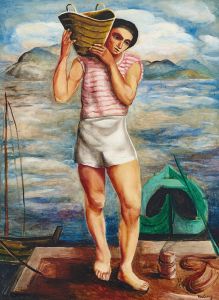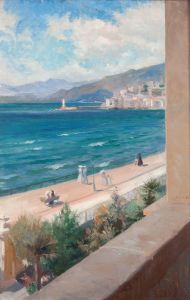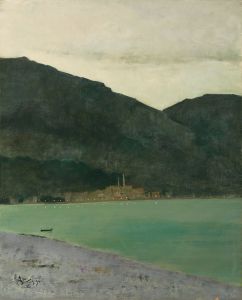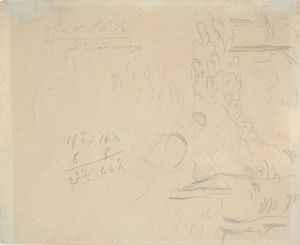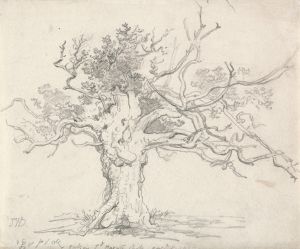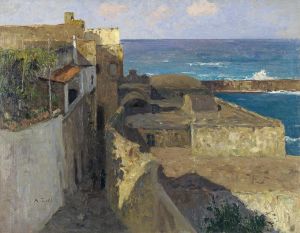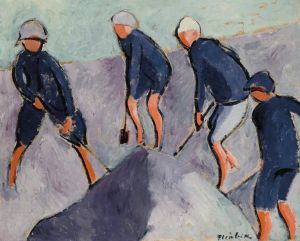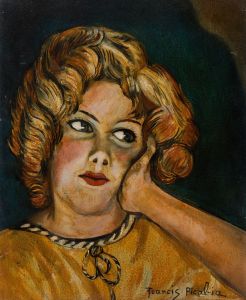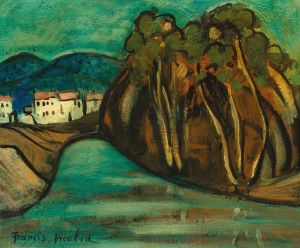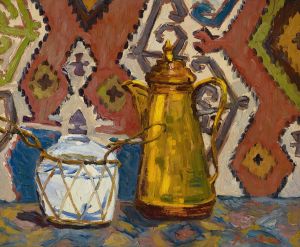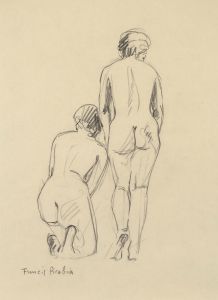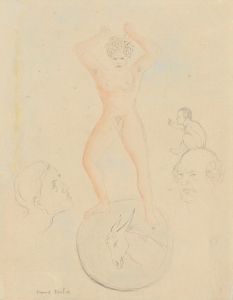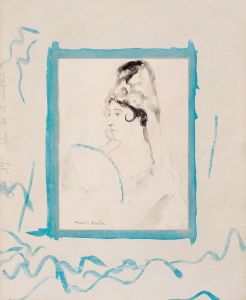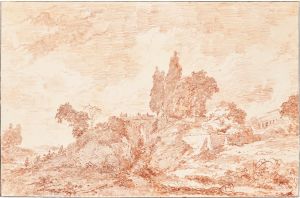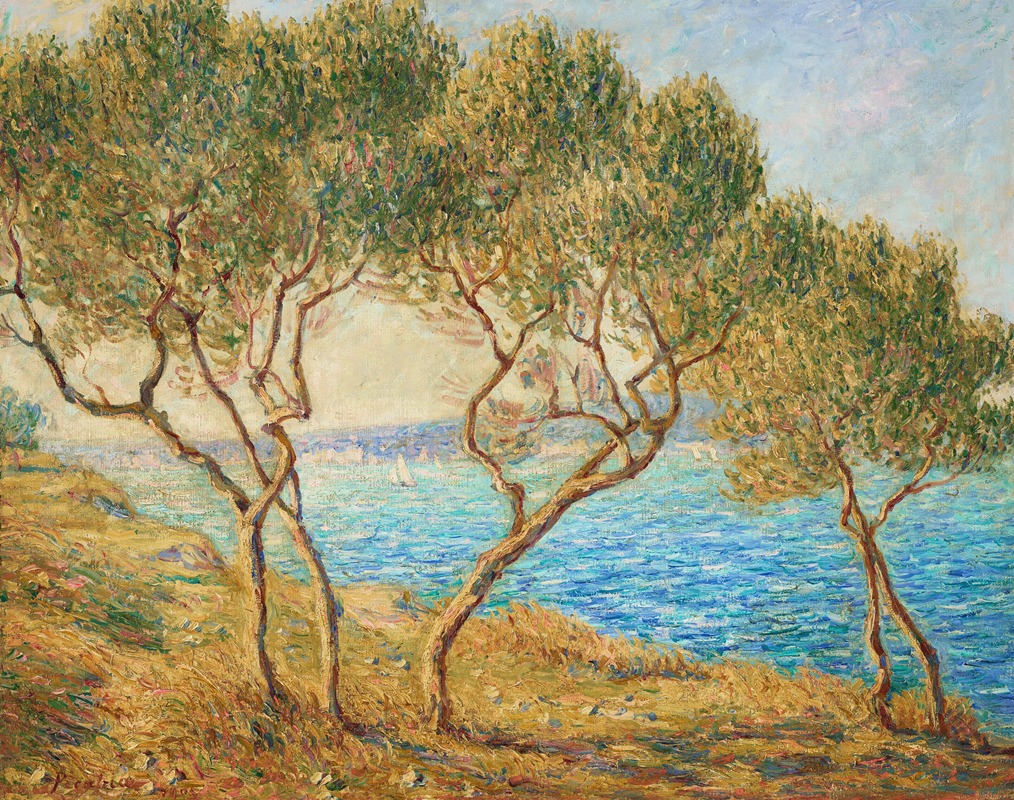
Les oliviers, effet de soleil aux Martigues
A hand-painted replica of Francis Picabia’s masterpiece Les oliviers, effet de soleil aux Martigues, meticulously crafted by professional artists to capture the true essence of the original. Each piece is created with museum-quality canvas and rare mineral pigments, carefully painted by experienced artists with delicate brushstrokes and rich, layered colors to perfectly recreate the texture of the original artwork. Unlike machine-printed reproductions, this hand-painted version brings the painting to life, infused with the artist’s emotions and skill in every stroke. Whether for personal collection or home decoration, it instantly elevates the artistic atmosphere of any space.
Francis Picabia was a French avant-garde painter, poet, and typographist, known for his diverse body of work and his association with various art movements, including Impressionism, Cubism, and Dadaism. One of his notable works is "Les oliviers, effet de soleil aux Martigues," which translates to "The Olive Trees, Sun Effect at Martigues." This painting is an example of Picabia's early work, reflecting his engagement with Impressionism before he moved on to other avant-garde styles.
"Les oliviers, effet de soleil aux Martigues" was created during a period when Picabia was heavily influenced by Impressionist techniques. This influence is evident in his use of light and color to capture the natural beauty of the landscape. The painting depicts olive trees under the sunlight in Martigues, a picturesque town in the south of France known for its scenic views and vibrant natural landscapes. The choice of subject matter and the treatment of light and shadow demonstrate Picabia's skill in capturing the transient effects of sunlight, a hallmark of Impressionist painting.
Picabia's work during this period was characterized by a focus on natural scenes and a keen interest in the effects of light and atmosphere. "Les oliviers, effet de soleil aux Martigues" exemplifies this focus, with its delicate brushwork and attention to the interplay of light and color. The painting captures the essence of the Provençal landscape, with its warm hues and dynamic composition, inviting viewers to experience the serene yet vibrant atmosphere of the region.
This painting is significant not only for its aesthetic qualities but also for its place in Picabia's artistic development. It represents a phase in his career when he was exploring Impressionism, before he transitioned to other styles that would define his later work. Picabia's journey through different art movements reflects his restless creativity and desire to continually challenge and redefine artistic conventions.
"Les oliviers, effet de soleil aux Martigues" is a testament to Picabia's versatility as an artist. While he is often associated with the radical and experimental nature of Dadaism and Surrealism, this painting highlights his ability to work within the more traditional framework of Impressionism. It serves as a reminder of the breadth of his artistic talent and his capacity to engage with a wide range of styles and techniques.
Today, Francis Picabia is remembered as a pioneering figure in modern art, whose work continues to inspire and provoke discussion. "Les oliviers, effet de soleil aux Martigues" remains an important piece within his oeuvre, offering insight into his early artistic influences and his mastery of Impressionist techniques. The painting is appreciated for its beauty and its contribution to the rich tapestry of Picabia's artistic legacy.





